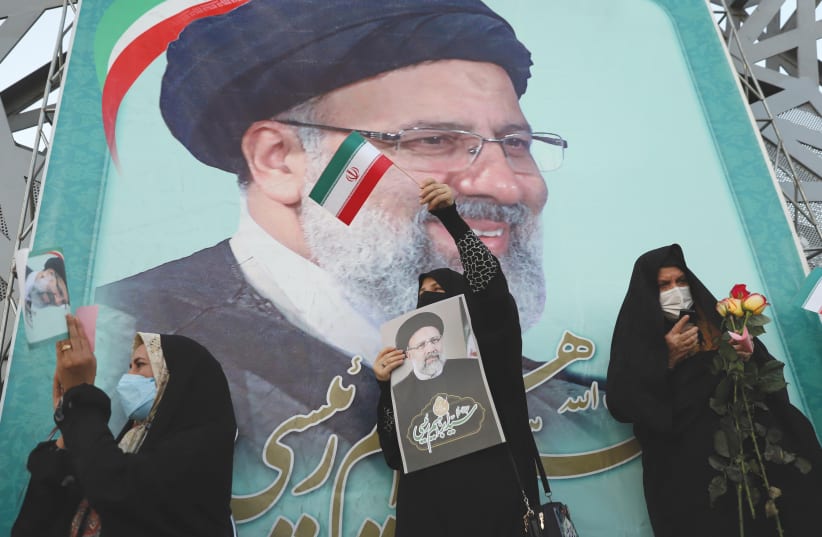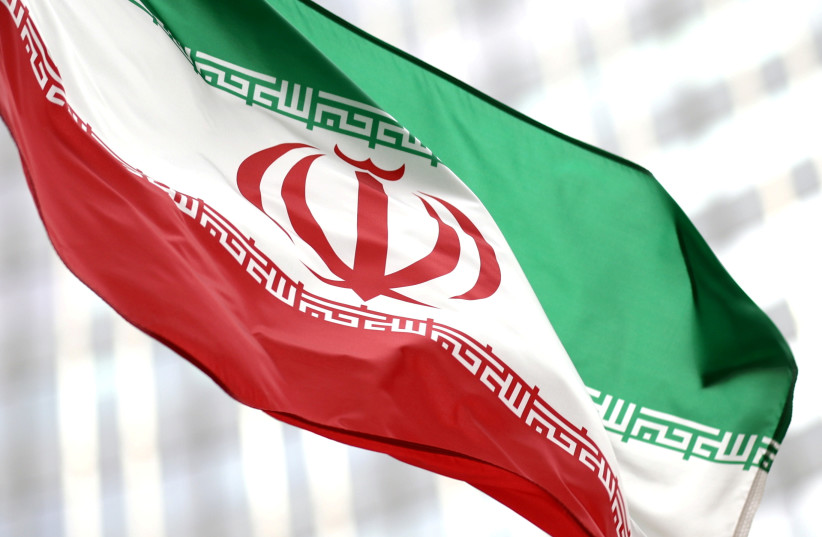Iran has resumed production of equipment for advanced centrifuges at the Karaj nuclear site that it accused the Mossad of blowing up in June, the Wall Street Journal reported on Tuesday.
The report cited Western diplomatic sources who expressed concern that Iran could start to secretly divert advanced centrifuges to undeclared sites if it wished to clandestinely move closer to a nuclear weapon.
Centrifuges enrich uranium for potentially making a nuclear weapon, and some of Iran’s more advanced models can speed up that process by a rate of four to five times compared to older models.
These concerns are exacerbated by the fact that the IAEA admitted in September that it has been blind to what is going on at Karaj since June because of the Islamic Republic’s refusal to grant the nuclear inspectors access to the site or explain what happened to the monitoring cameras.
Although Tehran has claimed that postponing IAEA access relates to its investigation of the June sabotage attack in which the site was attacked by a drone, allegedly directed by the Mossad, IAEA Director-General Rafel Grossi has already said in September that such an explanation no longer holds water.
Former prime minister Ehud Barak has expressed concern that with a newly growing supply of 60% enriched uranium and advanced centrifuges, it would be easier to hide aspects of the nuclear program than in the past, when a bigger space was needed for a much larger number of less advanced centrifuges to enrich lower quality uranium.
Former Mossad director Yossi Cohen has also expressed concerns about Iran’s ability to make clandestine moves and that any return of the US to a nuclear deal with the Islamic Republic would require much stricter controls over the nuclear program.
The Western diplomats quoted said there was no sign that Iran was trying to break out faster to a nuclear weapon, but it was unclear how they would know if Tehran tried to do so clandestinely.
Israeli intelligence officials have also expressed concern that the more advanced centrifuges there are – overt or covert – the greater the danger that Iran could breakout not with one but with five nuclear weapons, along the lines of its 1999-2003 plans.
It was unclear how the Western diplomats had information on general developments at Karaj without getting to physically visit the site and whether the revelations were based on a summary of developments passed on by Iran or independent resources.
The report also noted that some of the 170 newly built advanced centrifuges from the parts produced at Karaj were being installed in Tehran’s Fordow facility, deep underground and fortified.
In addition, the report said that production at Karaj resumed in August, but that now production had jumped to much higher levels.
Iran’s production of centrifuges will be a critical issue in talks to revive the 2015 nuclear deal with the world powers scheduled to resume November 29. It is possible that the latest leaked reports might be an attempt by the ayatollahs to intimidate the Biden administration into agreeing to new concessions for fear of how far Iran will go if no deal is cut soon.
Israel continues to oppose any negotiations modeled after the 2015 deal which it considers too weak to limit Iran’s nuclear enrichment, ballistic missile program and regional aggression not to mention its approaching expiration dates in 2025 and 2030.
With the Islamic Republic already at more than 1,000 advanced centrifuges and the 2015 deal limiting it to fewer than 100 such centrifuges, Israeli intelligence officials are concerned that any deal which does not lead to the destruction of these new centrifuges will be close to meaningless.

